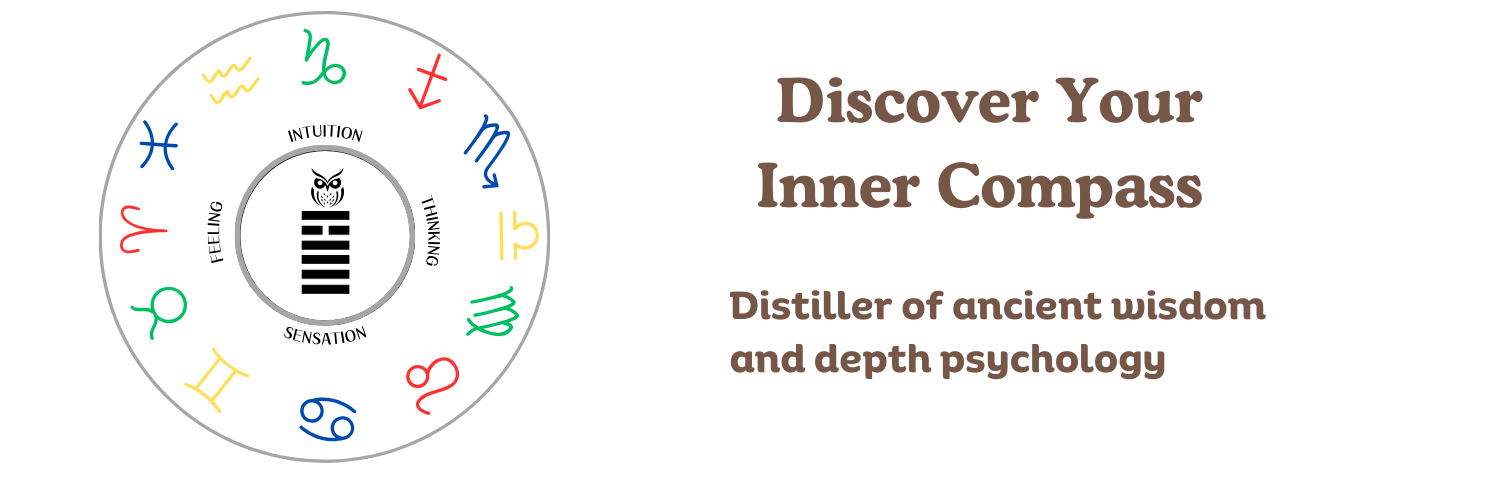An important way that Jungian typology differs from Myers-Briggs is that Jung believed that personality types aren’t static:
In Jungian individuation, type can change – for example, ‘the function-type is subject to all manner of changes in the course of life’ (Jung 1937b, p. 230) and type is nothing static. It changes’ (Jung 1959, p. 435).
Myers Briggs Typology vs. Jungian Individuation by Steve Myers
Jung also said that most people are “in-between types” and don’t fit neatly into a type category. This is probably why many people have a hard time figuring out their personality type:
Jung used a related analogy when describing the typological functions as ‘somewhat like the four points of the compass’ … There is an infinite number of locations in the world, but there are only a few landmarks. When we are orienteering, we do not usually describe our location as being permanently at a landmark, Rather, we describe where we are by reference to the closest landmarks … Similarly, our closest psychological type can change over time (Jung 1937, p. 230) as our individual personality changes. And the group of people who are in-between types are ‘the most numerous’ (Jung 1923, p. 516).
Myers Briggs Typology vs. Jungian Individuation by Steve Myers
The John Beebe 8 function archetypal model addresses these “in-between” types well with the use of shadow functions and his belief, also, that the functions aren’t static; our functions are like a cast of characters. Marie-Louise von Franz said that as we develop our functions sometimes we are a different type than our original for 10 years.
As I wrote about before, MBTI is about addressing the need for balance in consciousness, whereas for Jung type is for individuation and the emergence of a unique self that transcends type.
And speaking of balance, I’ll close with this quote from Jungian analyst James Hollis, one of my favorite authors:
I have no vested interest in our becoming saner, or mentally balanced, or even useful to society… We are not here to fit in, be well balanced, or provide exempla for others. We are here to be eccentric, different, perhaps strange, perhaps merely to add our small piece, our little clunky, chunky selves, to the great mosaic of being. As the gods intended, we are here to become more and more ourselves.
What Matters Most by James Hollis
________
Sources:
Myers Briggs Typology vs. Jungian Individuation: Overcoming one-sidedness in self and society by Steve Myers
Personality Hacker podcast episode 0364
